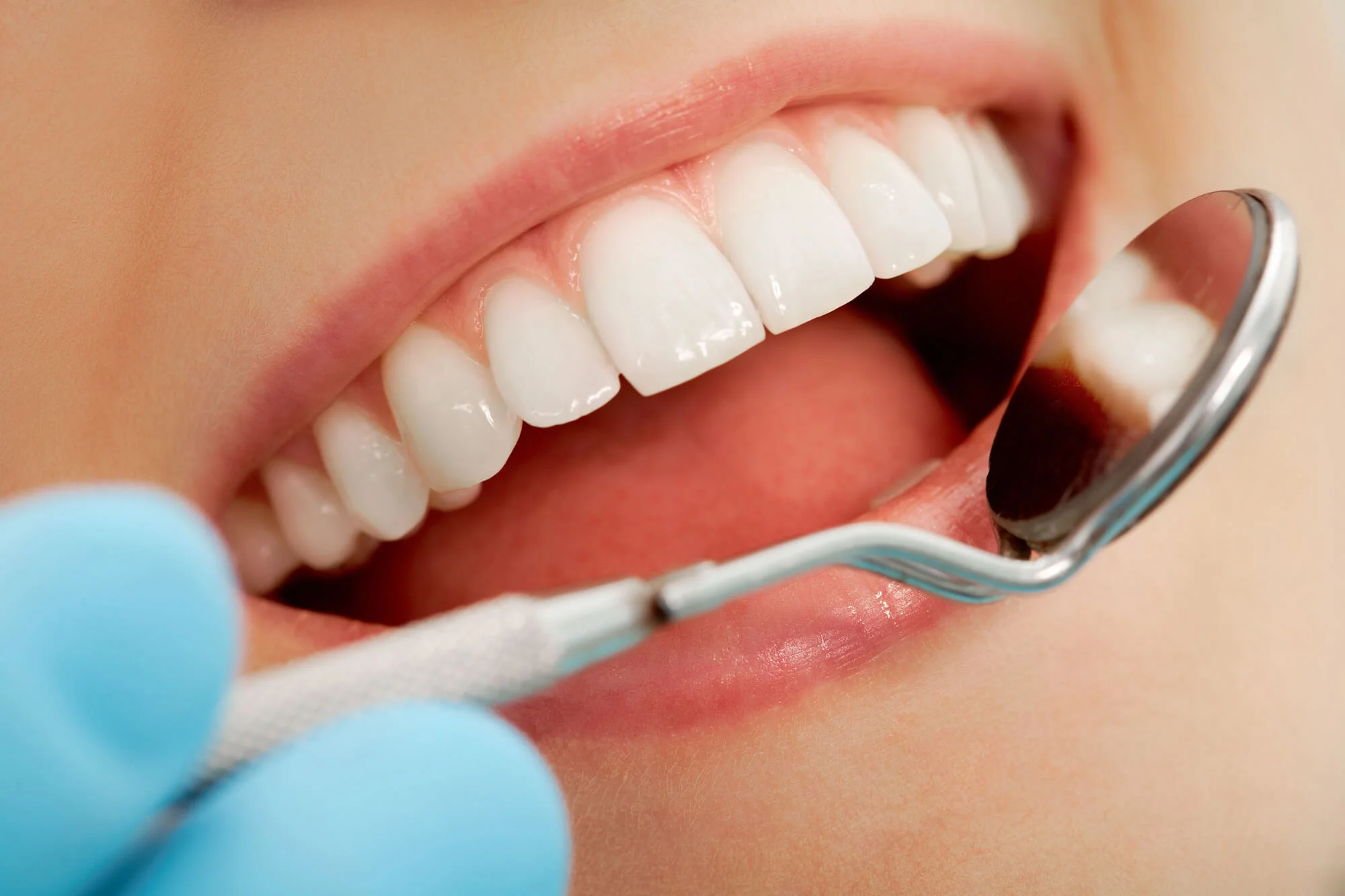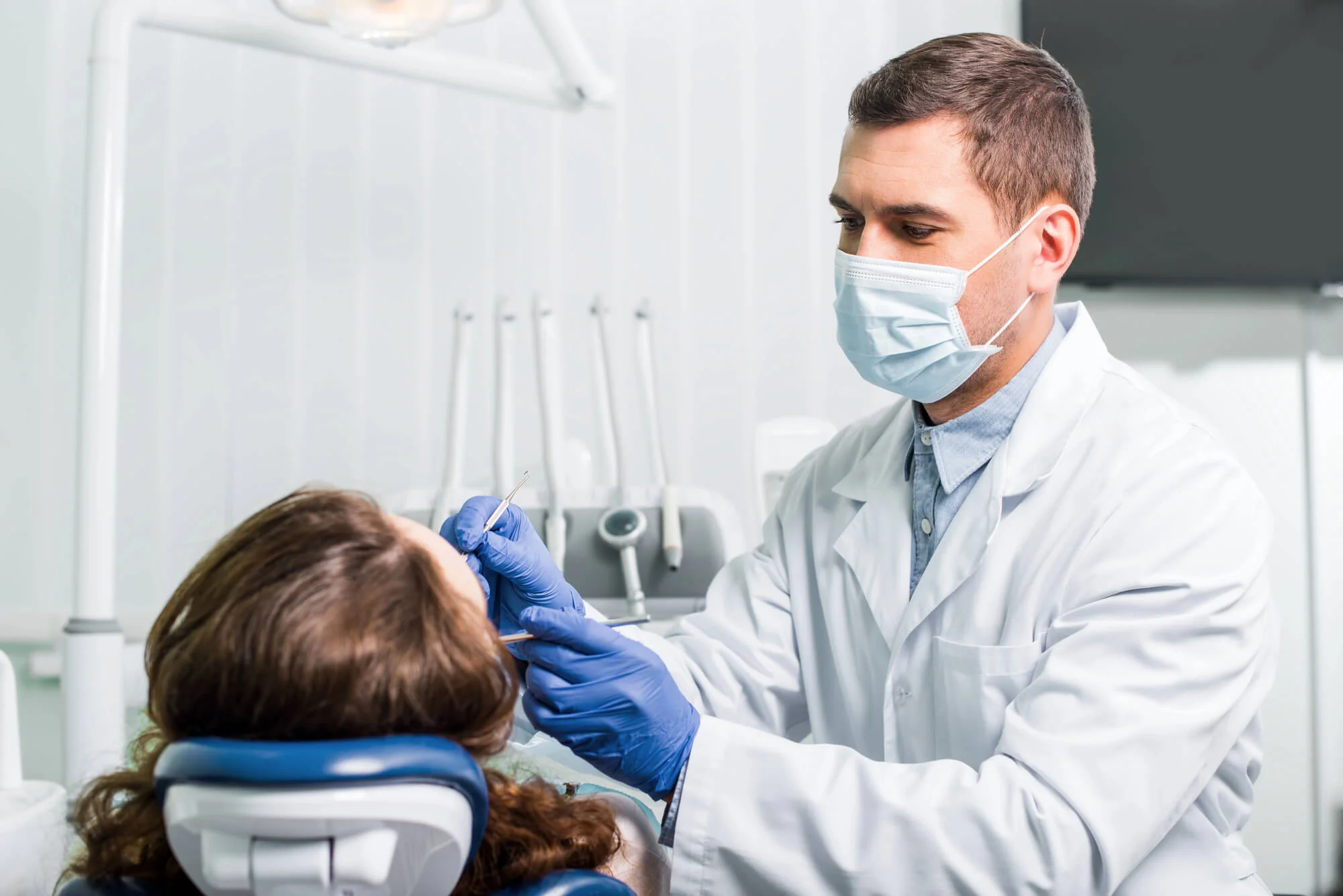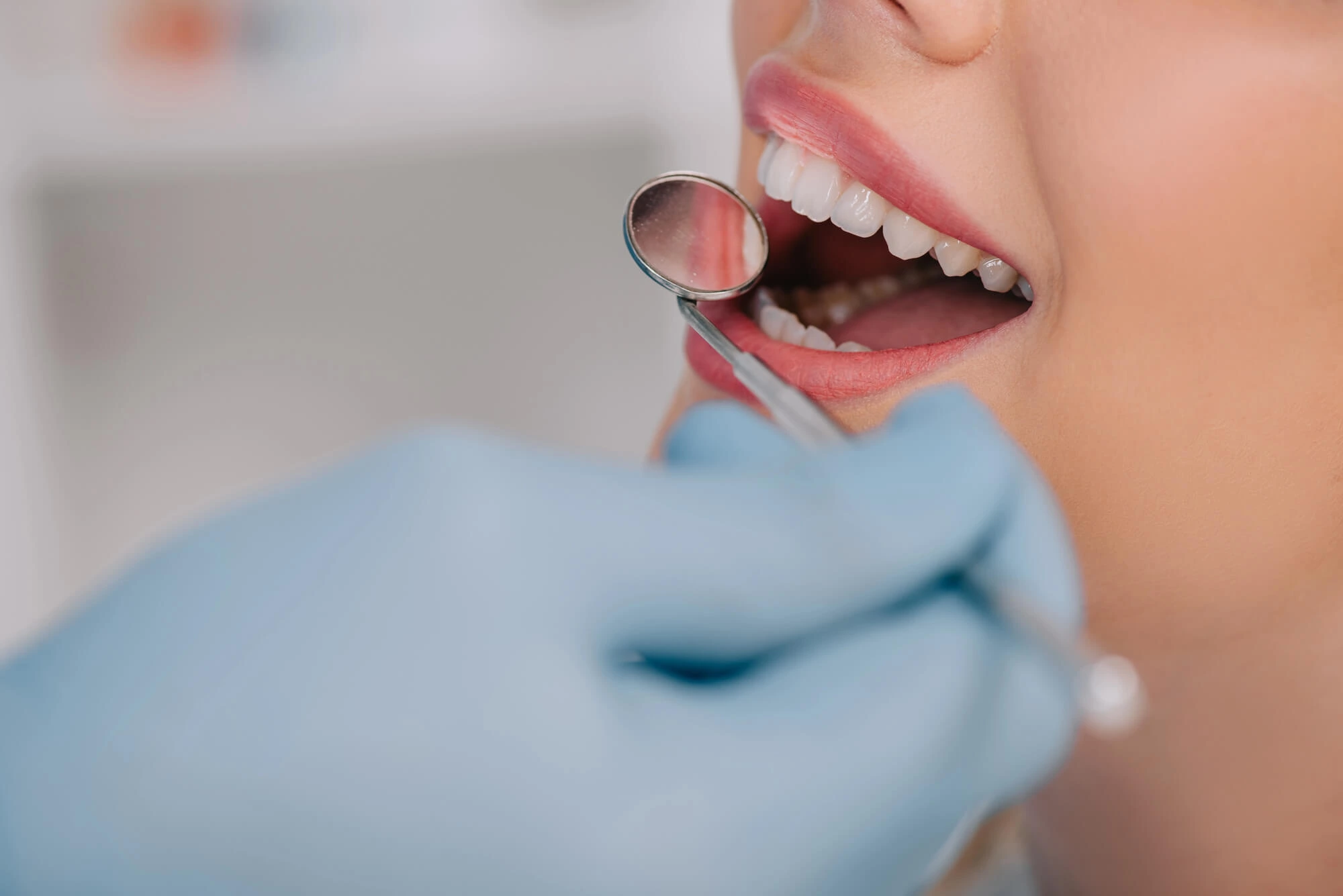
Tooth Extractions: Reasons, Types, and Aftercare Tips
October 28, 2024
Sometimes, a tooth can’t be saved, and tooth extraction becomes the best option for maintaining your dental health. Whether it's due to decay, crowding, or other issues, finding a good oral surgeon in Montgomery, AL, and knowing what to expect can make the process much easier. Here’s everything you need to know about why extractions are necessary, the different types, and how to care for your mouth afterward.

Why Would You Need a Tooth Extraction?
Tooth extractions are recommended for a variety of reasons, depending on your specific situation. Here are some of the most common reasons:
Severe Tooth Decay or Infection
When a tooth is severely decayed, and the damage has reached the inner pulp, it can cause infections. While root canal treatment can often save the tooth, sometimes the damage is too extensive, and extraction is the only option to prevent the infection from spreading to other teeth or into the jawbone.
Gum Disease (Periodontal Disease)
Advanced gum disease can cause teeth to become loose because the supporting bone and tissues weaken. In such cases, extracting the affected tooth might be necessary to protect surrounding teeth and gums.
Overcrowding
For some people, their mouths don’t have enough space for all their teeth. If your teeth are crowded, it can lead to misalignment and bite issues. Orthodontists may recommend tooth extraction to make space for proper alignment, especially before beginning treatments like braces.
Impacted Wisdom Teeth
Wisdom teeth, or third molars, are the last to emerge, usually in your late teens or early twenties. Sometimes, there isn't enough room for them to come in properly, causing them to become impacted (trapped under the gums). Impacted wisdom teeth can lead to pain, infection, and other complications, which is why dentists often recommend their removal.
Trauma or Damage
Accidents or injuries can sometimes cause teeth to break or crack beyond repair. If a tooth is too damaged to be fixed with a crown or filling, extraction may be necessary to prevent further issues.

Types of Tooth Extractions
There are two main types of tooth extractions: simple extractions and surgical extractions. The type you need will depend on the condition of your tooth and where it’s located.
1. Simple Extraction
A simple extraction is performed on a tooth that is visible in the mouth. Dentists use this method for teeth that are damaged or decayed but have fully erupted and are easy to access. The process is straightforward:
- Numbing the Area: The dentist numbs the area around the tooth to ensure you don’t feel any pain during the procedure.
- Loosening the Tooth: Using special tools, the dentist gently rocks the tooth back and forth to loosen it from the socket.
- Removing the Tooth: Once it’s loosened, the dentist carefully pulls out the tooth.
Simple extractions are typically quick and involve minimal discomfort. Recovery time is generally shorter compared to surgical extractions.
2. Surgical Extraction
A surgical extraction is needed for teeth that are not easily accessible, such as impacted wisdom teeth or teeth that have broken off at the gum line. This procedure is more complex and involves:
- Numbing and Sedation: The dentist or oral surgeon numbs the area and may use sedation to help you relax.
- Making an Incision: A small incision is made in the gum to access the tooth. Sometimes, it’s necessary to remove a bit of bone or cut the tooth into smaller pieces to make extraction easier.
- Removing the Tooth: After making the incision, the surgeon carefully removes the tooth.
Surgical extractions usually take longer, and the recovery period may involve more aftercare steps.
Aftercare Tips for a Smooth Recovery
Proper aftercare is crucial to ensure smooth healing and to prevent complications like dry socket or infection. Here are some essential tips to follow after your tooth extraction:
Manage Bleeding and Swelling
After the extraction, the dentist will place a gauze pad over the extraction site to control bleeding. Bite down on the gauze for 30 to 45 minutes to allow a clot to form. You can also use an ice pack on your cheek for 10 to 20 minutes at a time to help reduce swelling.
Avoid Certain Activities
For the first 24 hours, avoid rinsing your mouth, using a straw, or spitting forcefully. These actions can dislodge the blood clot and lead to a painful condition called dry socket. Also, refrain from smoking, as it can hinder the healing process and increase the risk of complications.
Stick to Soft Foods
Eating soft, cool foods like yogurt, applesauce, and mashed potatoes can make it easier on your mouth during the recovery period. Avoid hard, crunchy, or spicy foods for at least a few days, as they can irritate the extraction site.
Keep Your Mouth Clean
While it’s important to maintain oral hygiene, be gentle around the extraction site. Avoid brushing the area directly for the first day, but continue to brush the rest of your teeth as usual. After 24 hours, you can gently rinse your mouth with a saltwater solution to keep the area clean and promote healing.
Take Medication as Prescribed
Your dentist or oral surgeon may prescribe pain relievers or antibiotics to manage discomfort and prevent infection. Follow the instructions carefully, and don’t skip doses. Over-the-counter pain medications like ibuprofen can also help reduce swelling and pain.
Rest and Hydrate
Resting allows your body to heal faster, so take it easy for the first couple of days. Drink plenty of water, but avoid caffeinated and alcoholic beverages, as they can delay the healing process.
How to Prevent Tooth Extractions
Preventing the need for a tooth extraction starts with good oral hygiene and regular dental checkups. Here are a few tips to keep your teeth healthy:
- Brush twice a day with fluoride toothpaste.
- Floss daily to remove plaque and food particles from between your teeth.
- Visit your dentist regularly for cleanings and exams. Routine checkups can catch early signs of decay or gum disease before they become serious problems.
- Avoid sugary foods and drinks, which can lead to cavities and decay.
- Wear a mouthguard if you play contact sports to protect your teeth from injury.

Choosing the Right Oral Surgeon in Montgomery, AL, for Your Tooth Extraction
If you’re dealing with a painful tooth or need to schedule an extraction, the team at Parkside Dental Care is here to help. Dr. Loveless, our skilled dentist and oral surgeon, provides expert, compassionate care to make sure your procedure is as comfortable as possible. Contact us today to book a consultation and let us take care of your smile!

%20(1).webp)

%20(1).webp)

.webp)






